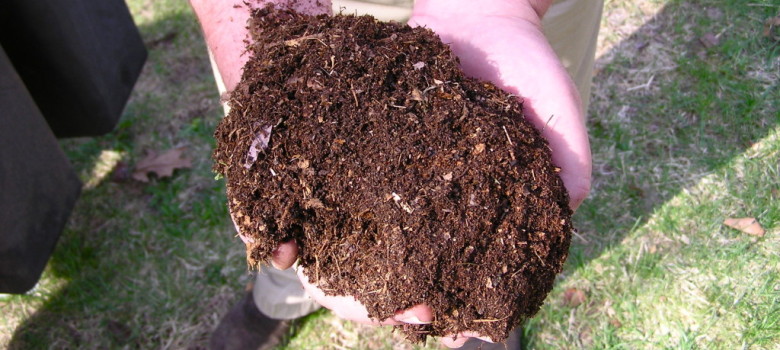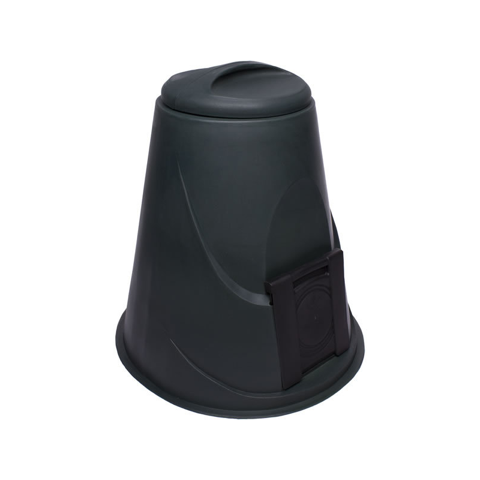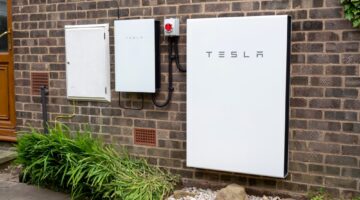
This week is international compost awareness week as I’m sure you know!! As a result, we thought we would just do a quick composting FAQ.
What is composting?
Composting is nature’s way of recycling decomposed organic material (think fallen leaves and cut grass) into a nutrient rich soil-like material.
This soil-like material is known as compost (although we like to think of it as black gold!), and it is a fantastic way to fertilise your garden plants. Now you can buy compost directly from your local gardening store, however it is very easy to create your own for free using a composter.
What is a composter?
A composter is a essentially a store where you can put all your organic waste to help speed up the composting process, although you can opt for more advanced composters that speed up the composting process by aeration. We are going to discuss some of the things you need to know before buying your composter and how exactly to use one.
What is compost?
A simple enough question, compost is the result of decomposition of organic material, like food, grass, leaves etc. A composter is used to speed up this process, and along with a little help from us, you can create compost in just a month or two.

Any matter will break down on its own eventually, but the combination of different types of matter, aeration and moisture that you will find in a composter helps to accelerate this process, turning waste into usable compost in a matter of weeks or months.
Which composter?
There are a few different types of composter. The simplest type that has been used for generations is a standard wooden composter like this. It just holds the decaying material together in one place, and because the decomposition reaction is exothermic (releasing heat), the temperature of the pile will increase, killing off pathogenic organisms and speeding up the transformation.
These composters work just fine, but you need to regularly turn and mix the pile to allow aeration. If the heap is simply left, the microbes will quickly deplete all the available oxygen and this will stop the decomposition process. The alternative is to go for a tumbler style composter. These make it really easy to mix the compost – you don’t need to get your fork out, just spin the tumbler a few times. This principle is taken to the max by the CompoSphere. This is effectively a large hollow ball that you fill with your organic matter and roll around the garden. Some units also include solar panels that provide heat to the composter to speed up the decomposition.
If you don’t have a garden – or you live in a flat, you can still get involved in composting with a smaller kitchen sized composter. These tend to be air tight, so you can put meat and fish waste in there as well.
What can I put in a composter?
Almost any organic material can be turned into compost, but the best rule to follow is to add two parts of ‘brown’ waste (rich in carbon) like paper, wood chips and dried leaves, to every one part of ‘green’ waste like grass clippings and food scraps. Most things can be composted though, so things like cotton and wool, teabags and hair can all be used – there is no need to throw it away.
What can’t be put in a composter?
This list isn’t too long – but basically anything that takes too long to break down can attract vermin and create odours, so they should be avoided – this includes meat, dairy, bones and greasy foods. Air tight composters can include these items however. Top tip – Plastic flowers don’t decompose!
It is also really important to avoid weeds with seeds, matter that has had herbicides or pesticides added to it, or any diseased plant matter – as this can have a detrimental impact on any plants and soil you add the compost to.
What can you do to accelerate your composter?
Here are some tips to speed up the composting process:
- Shredding your material before you put it in the composter will increase the surface area of the organic matter, allowing microbes to decompose more of the heap at any one time.
- Turn and mix your compost regularly. The more you mix it, the more oxygen will get to the heap – speeding up the decomposition process.
- Moistening the heap is really important. You don’t want to drench it, but a damp heap will decompose quicker. For your kitchen composter, you can get an accelerant spray that will help the process along.
- Leaves in large volumes are best stored in hessian sacks or in chicken wire to allow air circulation.
What about worms?
Wormeries are becoming more and more popular. They can turn your waste into compost just like in a heap. They do require a little more maintenance however, so you need to understand what you are getting yourself in to! You should welcome worms into your compost heap however, as they will help the decomposition process, and help mix up the mulch.
Think we missed something? Do you have a different opinion?
Comment below to get your voice heard…












No Comments yet! Be the first one.